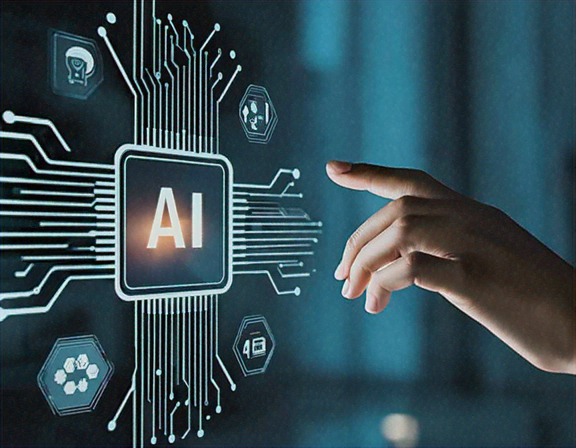





As AI systems become increasingly prevalent in our lives, it's crucial to address the ethical considerations surrounding their development and deployment. This blog explores the latest advancements and best practices in ethical AI.
The rapid advancements in artificial intelligence (AI) have transformed numerous industries, from healthcare and finance to transportation and beyond. However, as these powerful technologies become more integrated into our daily lives, it's essential to address the ethical considerations that come with their development and deployment.
At the forefront of this discussion is the need to ensure that AI systems are designed and used in a way that aligns with core ethical principles, such as fairness, transparency, and accountability. This is no easy task, as the complexity of AI algorithms and the vast amount of data they process can make it challenging to identify and mitigate potential biases or unintended consequences.
Fortunately, the field of ethical AI is rapidly evolving, with researchers, policymakers, and industry leaders working together to establish best practices and guidelines. From implementing rigorous testing and auditing procedures to fostering greater transparency and public engagement, there are numerous strategies being explored to ensure that AI is developed and deployed in a responsible and trustworthy manner.
As we continue to witness the transformative power of AI, it's crucial that we remain vigilant in addressing the ethical implications of these technologies. By prioritizing ethical considerations alongside technological advancements, we can unlock the full potential of AI while safeguarding the well-being of individuals and society as a whole.